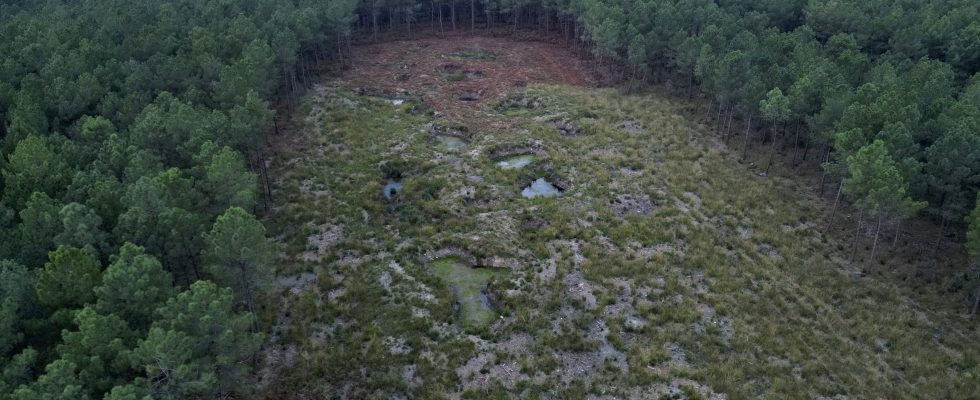The COP 28 negotiations are enough to leave us wondering about humanity’s capacity to question itself to avoid the worst. This gap between scientifically supported disasters and a very insufficient political reaction distresses the authors of Finance facing planetary limits (South Acts). An essay in the form of a dialogue between finance and philosophy, through the voices of Philippe Zaouati and Dominique Bourg. The first heads the sustainable investment fund Mirova, a subsidiary of Natixis, and presents himself as passionate about history, politics and literature. The second is no stranger to the world of finance. This Franco-Swiss philosopher sits on the scientific committee of a fund of the insurer Generali and on the mission committee of the Postal Bank. He recognizes that “we will achieve nothing without mobilizing gigantic financial resources”, as the investment needs are considerable to change the planet’s business model.
To support this transformation, the financial industry is evolving, but not changing. “There is no consensus on anything that could limit this perfect liquidity of the market,” notes Philippe Zaouati. “There are too many reluctances to change the system. This is why we have developed sustainable finance around the system, without really question it. Sustainable finance remains an improvement at the margin.” Is Mirova just an alibi? The question torments him. He nevertheless believes that this investment philosophy has the advantage of being “active”, far from the simple neutral tool of classic financial theory.
However, it is not the only key to the problem, and the two speakers are in sync on this point. “The transformation of the system requires regulation and political action that encourage a change in citizen behavior. Only then can finance be a formidable tool for acceleration,” maintains Philippe Zaouati. For the moment, the words of public authorities are too often in opposition to actions. A situation which is, for Dominique Bourg, akin to a Greek tragedy. With a chorus composed of the Intergovernmental Panel on Climate Change (IPCC) and its equivalent for biodiversity (IPBES). The people, for their part, are deaf to the warnings… so are investors. “If markets were efficient, as Milton Friedman said, at some point they should open their eyes to this reality,” remarks the Mirova manager, adding that the “conviction that technology will save us, that intelligence and the adaptability of humans are limitless, remains […] proof that the economy is far from having given up.”
But how could finance accommodate a more sober model of production and consumption? “Incentives to do less should have their place in the economic system,” he believes. The populations, too, must get used to it, and this dialogue does not avoid the question of acceptability and the inherent political risks. The issue seems all the more central on the eve of 2024, an election year in many regions of the world.
